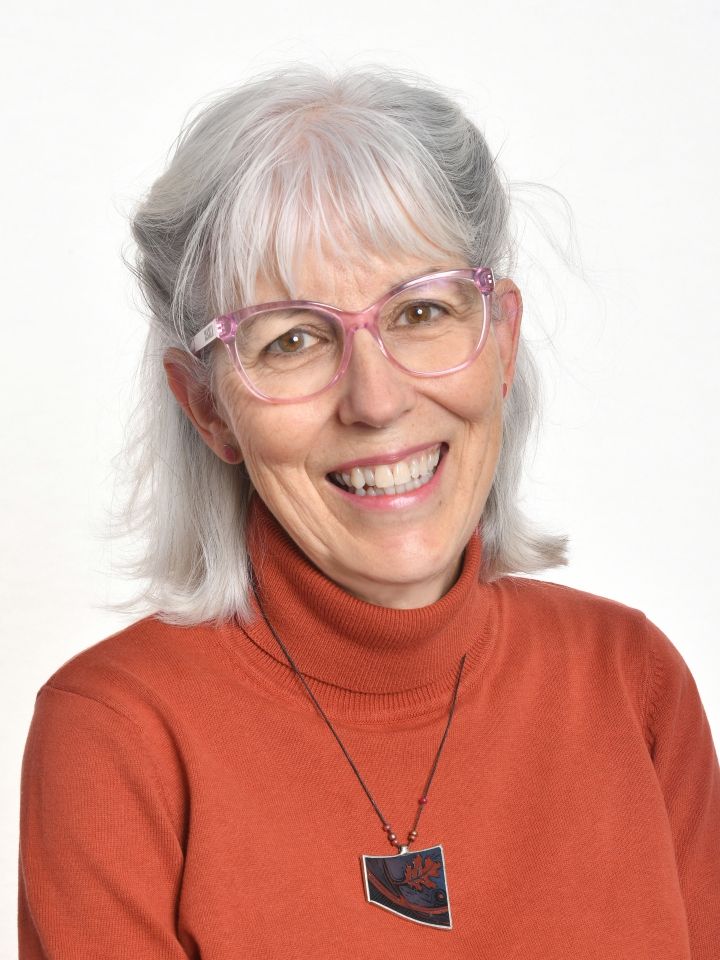Dr. Dorcas Beaton
Dr. Dorcas Beaton is a senior scientist at the Institute for Work & Health, where she is a member of the measurement research group and the lead researcher for a health measurement scale called the DASH (Disabilities of the Arm, Shoulder and Hand) Outcome Measure. She has recently retired from a long tenure as a scientist and director of musculoskeletal health and outcomes research at the Li Ka Shing Knowledge Institute at St. Michael's Hospital. She has held an associate professor in the Department of Occupational Therapy at the University of Toronto along with graduate appointments in the Rehabilitation Sciences Institute and the Clinical Epidemiology Program of Health Policy Management and Evaluation, both at the University of Toronto.
Beaton is currently on the executive of OMERACT (Outcome Measurement in Rheumatology Research), an international organization promoting evidence-based outcome selection for core outcome sets in clinical trials in musculoskeletal disorders. She is chair of the methodology group and co-chair of the technical advisory group at OMERACT.
With a background in occupational therapy, Beaton worked as a clinician for several years in orthopedics and upper extremity rehabilitation before transitioning to research. She holds an MSc in clinical epidemiology and a PhD in health measurement, specifically on the interpretation of change scores from outcome measures.
Beaton's research interests focus on measurement (i.e. measuring disability, work disability and recovery, as well as interpreting scores), translation of measurement into clinical practice, and the treatment and rehabilitation of musculoskeletal disorders. She conducts quantitative and qualitative research, and has supervised graduate students interested in musculoskeletal conditions and measurement-related sciences.

“Why do I focus on health measurement? I’m intrigued by how people know they’re getting better. People gauge their recovery from a musculoskeletal condition in many different ways. Some adapt to a disability; some redefine what good health means. Others experience improvements to pain and functional limitations, and a large focus of my work has been to develop and improve pain measures to capture these improvements.” – Dr. Dorcas Beaton
Projects
- Role of health-care providers in the workers’ compensation system and return-to-work process. Funded by Workers Compensation Board of Manitoba. Completed.
Publications
- Lemieux J, Beaton DE, Hogg-Johnson S, Bordeleau LJ, Hunter J, Goodwin PJ. Responsiveness to change [corrected] due to supportive-expressive group therapy, improvement in mood and disease progression in women with metastatic breast cancer. Quality of Life Research. 2007;16(6):1007-1017. doi:10.1007/s11136-007-9208-2.
- Ward SE, Laughren JJ, Escott BG, Elliot-Gibson V, Bogoch ER, Beaton DE. Program with a dedicated coordinator improved chart documentation of osteoporosis after fragility fracture. Osteoporosis International. 2007;18(8):1127-1136. doi:10.1007/s00198-007-0341-0.
- Lemieux J, Beaton DE, Hogg-Johnson S, Bordeleau LJ, Goodwin PJ. Three methods for minimally important difference: no relationship was found with the net proportion of patients improving. Journal of Clinical Epidemiology. 2007;60(5):448-455. doi:10.1016/j.jclinepi.2006.08.006.
- Beaton DE, Bombardier C, Cole DC, Hogg-Johnson S, Van Eerd D. Pattern recognition approach to the development of a classification system for upper-limb musculoskeletal disorders of workers. Scandinavian Journal of Work, Environment and Health. 2007;33(2):131-139.
- Cadarette SM, Dickson L, Gignac MA, Beaton DE, Jaglal SB, Hawker GA. Predictors of locating women six to eight years after contact: internet resources at recruitment may help to improve response rates in longitudinal research. BMC Medical Research Methodology. 2007;7:. doi:10.1186/1471-2288-7-22.
Speaker Series presentations
- DASHBash: Celebrating 20 years of the DASH Outcome Measure. IWH Speaker Series. February 23, 2016.
Interviews and articles
- IWH Updates - Summer 2016. At Work: Institute for Work & Health; No. 85, Summer 2016.
- DASH developers credit groundwork and ongoing support for measure’s 20-year success. At Work: Institute for Work & Health; No. 84, Spring 2016.
- IWH Updates - Winter 2015. At Work: Institute for Work & Health; No. 79, Winter 2015.
- Newly adopted productivity measures help people with arthritis stay at work. At Work: Institute for Work & Health; No. 77, Summer 2014.
- IWH research now has two new “applications”. At Work: Institute for Work & Health; No. 73, Summer 2013.